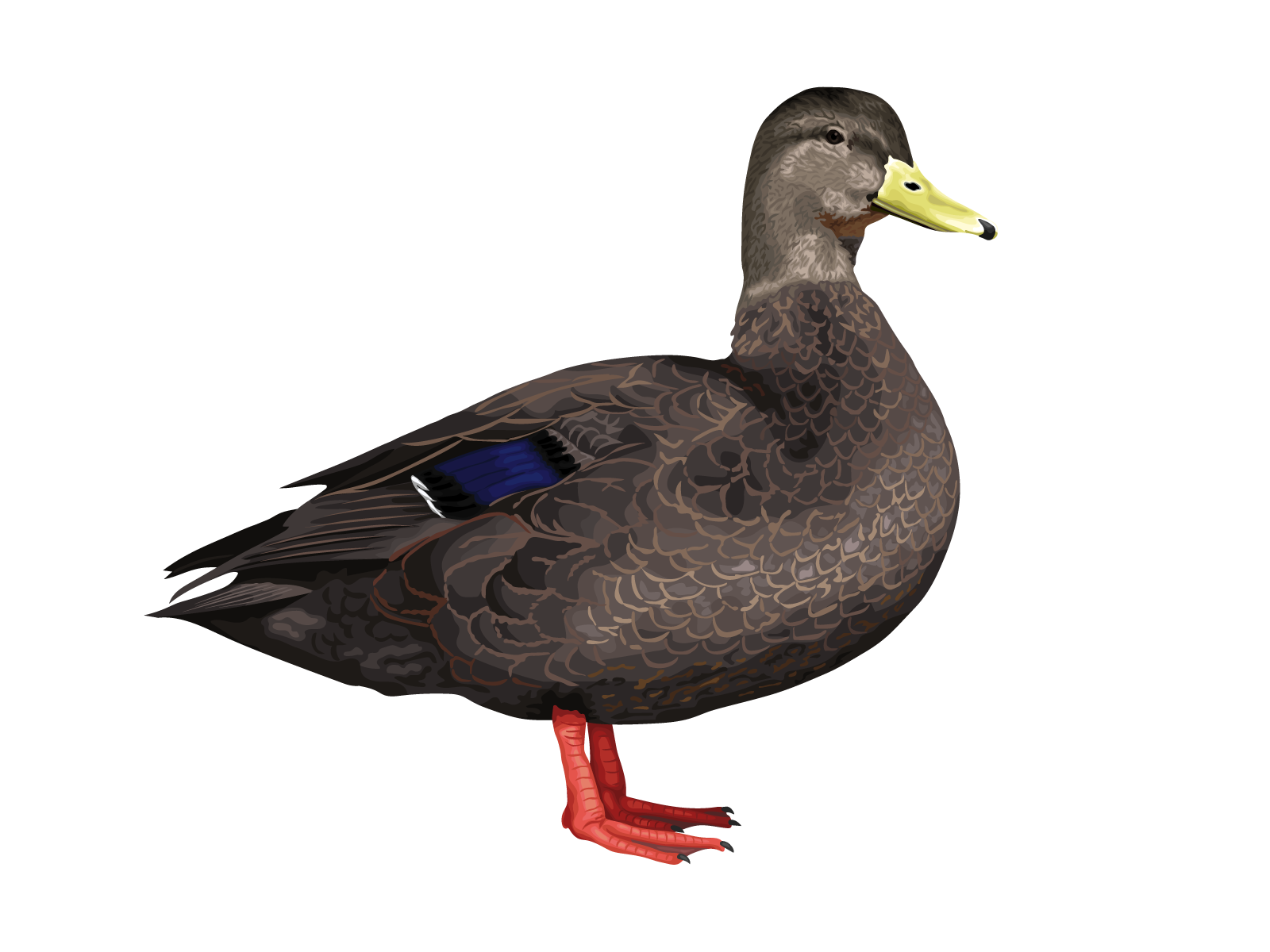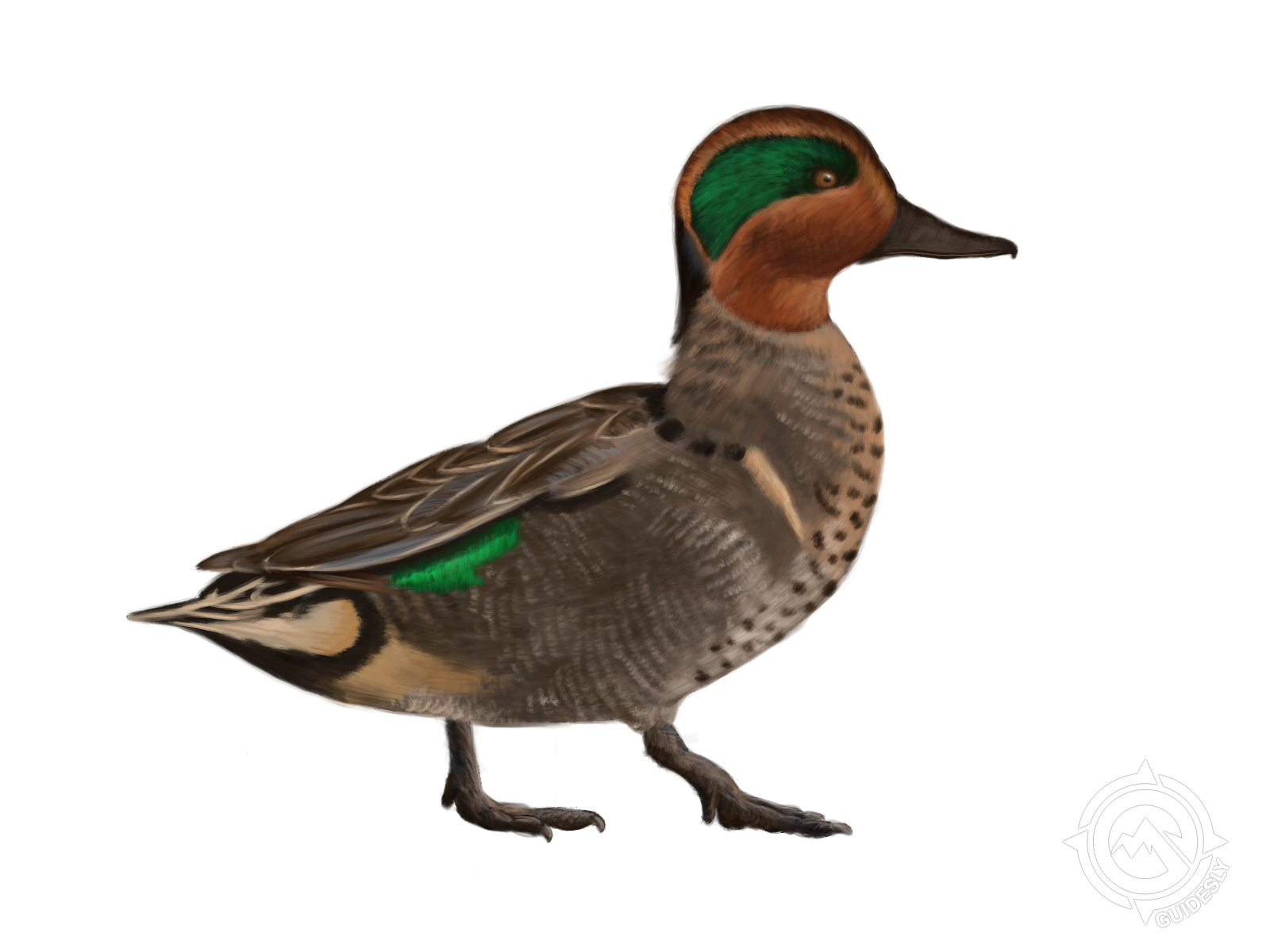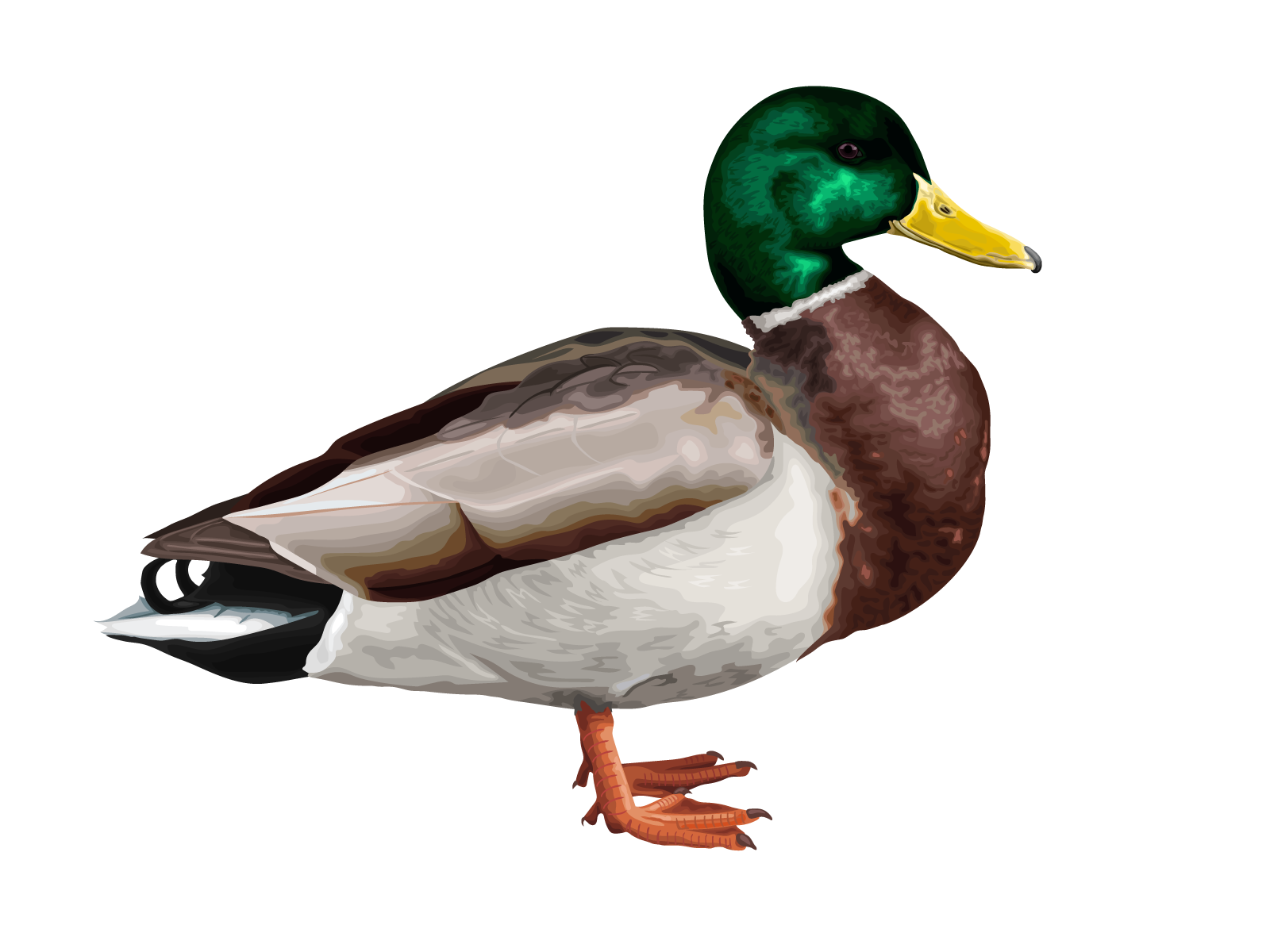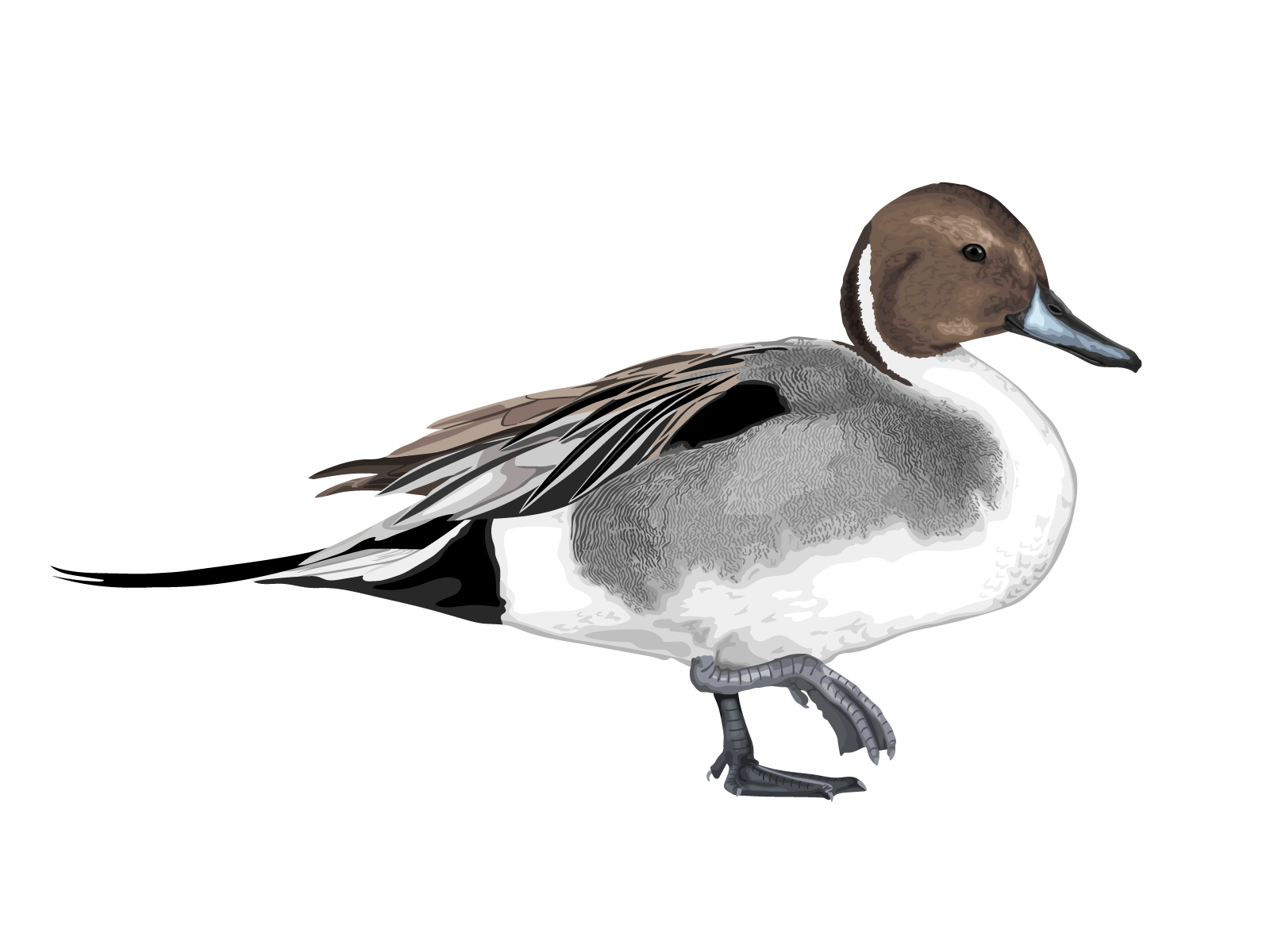//users/67ce1f6e-b997-4f61-bf78-83ffafa951de/ratecard/1729420709151x162416556574890720.png)
%2Ffit-in%2F300x300%2Fusers%2F67ce1f6e-b997-4f61-bf78-83ffafa951de%2Fratecard%2F1729420709151x162416556574890720.png&w=256&q=75)
%2F300x300%2Fusers%2F67ce1f6e-b997-4f61-bf78-83ffafa951de%2Fimages%2Flone-angler-wanchese-fishing-2562.jpg&w=256&q=75)
%2F300x300%2Fusers%2F67ce1f6e-b997-4f61-bf78-83ffafa951de%2Fimages%2Foutdoor-adventure-wanchese-2443.jpg&w=256&q=75)
%2F300x300%2Fusers%2F67ce1f6e-b997-4f61-bf78-83ffafa951de%2Fimages%2Ffishing-hunting-escapades-2500.jpg&w=256&q=75)
%2F300x300%2Fusers%2F67ce1f6e-b997-4f61-bf78-83ffafa951de%2Fimages%2Fredfish-wanchese-angler-catch-2517.jpg&w=256&q=75)
%2F300x300%2Fusers%2F67ce1f6e-b997-4f61-bf78-83ffafa951de%2Fimages%2Fwanchese-redfish-catch-2528.jpg&w=256&q=75)
%2F300x300%2Fusers%2F67ce1f6e-b997-4f61-bf78-83ffafa951de%2Fimages%2Ffishing-adventure-north-carolina-2461.jpg&w=256&q=75)
%2F300x300%2Fusers%2F67ce1f6e-b997-4f61-bf78-83ffafa951de%2Fimages%2Ffishing-fun-north-carolina-2512.jpg&w=256&q=75)
%2F300x300%2Fusers%2F67ce1f6e-b997-4f61-bf78-83ffafa951de%2Fimages%2Ffishing-fun-wanchese-2484.jpg&w=256&q=75)
%2F300x300%2Fusers%2F67ce1f6e-b997-4f61-bf78-83ffafa951de%2Fimages%2Ffishing-adventure-wanchese-2556.jpg&w=256&q=75)
%2F300x300%2Fusers%2F67ce1f6e-b997-4f61-bf78-83ffafa951de%2Fimages%2Fwanchese-fishing-adventure-2967.jpg&w=256&q=75)
World-Class Marsh Blind Hunting with Above C Level
What you will be catching:
 Black Duck
Black Duck Gadwall
Gadwall Green-winged Teal
Green-winged Teal Mallard
Mallard Northern Pintail
Northern Pintail
Trip Pricing and Availabilities :
No trip pricing information available at this time.
Marsh Blind Magic: Waterfowl Hunting in Wanchese
Ready for some serious duck action? Grab your waders and head to Wanchese, NC for a marsh blind hunt you won't forget. For just $250, you and up to three buddies can get in on some prime waterfowl action. We're talking pre-dawn starts, steaming thermoses of coffee, and the chance to bag a mixed bag of ducks that'll make any hunter proud. Whether you're a seasoned pro or new to the blind, this trip's got something for everyone.
Hunt Breakdown
Here's the deal: we kick off well before the sun's up, usually about an hour and a half before sunrise. That means you'll want to set your alarm clock early, but trust me, it's worth it. Hunting hours run from 5 AM to noon, giving you plenty of time to work those calls and watch the sky. We've got our sights set on a variety of waterfowl, including Green-winged Teal, Black Ducks, Gadwalls, Wigeon, Pintails, and Mallards. It's a proper mixed bag that'll keep you on your toes and test your ID skills.
Blind Basics & Marsh Know-How
Our marsh blinds are the real deal - camouflaged to blend right into the surroundings and positioned for optimal shooting. You'll be tucked away in the heart of prime waterfowl habitat, with decoys spread out to bring the birds in close. Don't forget your mud boots - getting to the blind might involve a bit of sloshing through the marsh, but that's half the fun. We'll go over proper blind etiquette, calling techniques, and shot selection once we're set up. Remember, patience is key in the blind. Sometimes the action comes in waves, other times it's a steady trickle of birds. Either way, you're in for a authentic coastal Carolina hunting experience.
Target Game Breakdown
Let's talk ducks. Mallards are the classic prize, known for their size and that signature green head on the drakes. They're crafty flyers and respond well to good calling. Northern Pintails are the runway models of the duck world - sleek, elegant, and a real trophy for any hunter. Green-winged Teal are small but mighty, zipping through the air like feathered fighter jets. They're challenging targets that'll test your reflexes. Gadwalls might not be the flashiest duck in the sky, but they're abundant and make for great eating. And don't overlook the Black Duck - these wary birds are prized by many hunters for their size and the challenge they present.
Waterfowl Wisdom
Each species brings its own quirks to the hunt. Mallards are vocal, so brush up on your calling skills. Pintails tend to be more cautious, so your decoy spread and concealment need to be on point. Green-winged Teal often come in fast and low, requiring quick shooting. Gadwalls can be less wary than other ducks, sometimes giving you a second chance if you miss on the first pass. Black Ducks have earned a reputation for being extra alert, so staying still in the blind is crucial when you hear that whistle of wings. The variety keeps things interesting - you never know what might be cupping its wings to land in your spread next.
What to Bring to the Blind
Alright, let's talk gear. You'll want to pack your shotgun (12 gauge is standard, but 20 works too), plenty of steel shot (no lead allowed for waterfowl), and your hunting license with duck stamp. Waders are a must - it gets wet out there. Layer up with warm, waterproof camo, and don't forget gloves and a face mask. Bring your own calls if you've got 'em, but we can provide some if needed. And hey, pack some snacks and water. Nothing worse than getting hungry in the middle of a good flight. Oh, and a thermos of hot coffee never hurts on those chilly mornings.
Time to Book Your Spot
Look, if you're itching for some quality time in the marsh with a shotgun in hand, this is your ticket. For $250, you're getting access to prime hunting grounds, expert local knowledge, and the chance to fill your limit with a variety of ducks. Whether you're looking to introduce someone to the sport or just want a solid day of hunting with your buddies, this trip delivers. The marsh is calling, and the ducks are flying. Don't miss out - give Captain Clay a ring at 252-333-2279 to check availability and lock in your date. Trust me, the only thing you'll regret is not booking sooner. See you in the blind!
Learn more about the animals
Black Duck
Black Ducks are a real prize for waterfowlers around here. They're about the size of a Mallard, with dark brown plumage that looks nearly black at a distance. You'll find them in coastal marshes, tidal flats, and wooded swamps. These birds are year-round residents, but we see more during fall and winter as northern birds move in. Black Ducks are known for being extremely wary - they've earned the nickname "black ghosts" for good reason. They're challenging to hunt, which makes them all the more rewarding when you bag one. Their meat is considered some of the finest of all ducks. Black Ducks have a call similar to a Mallard hen, but a bit raspier. When hunting these smart birds, less is often more. I suggest using just a small spread of decoys, maybe 6-12, and keeping movement and calling to a minimum. Proper concealment is crucial - these birds will spot any out-of-place detail.

Gadwall
Gadwalls might not be the flashiest ducks in the marsh, but they're a favorite among many hunters. They're medium-sized birds, a bit smaller than a Mallard, with subtle gray and brown plumage. You'll often find them in shallow, vegetated waters, feeding on aquatic plants. Gadwalls are late migrants, so our best hunting is usually from November through January. These birds are known for their tendency to decoy well, making for some exciting close-range shooting. They've got a raspy call, not as loud as some other ducks. Gadwalls are excellent table fare, which adds to their appeal. When setting up for Gadwalls, I like to use a mix of Gadwall and Pintail decoys - they often hang out together. Position your blind near some vegetation if possible, as these ducks like a bit of cover. Be patient with Gadwalls; they sometimes circle a few times before committing to land.
Green-winged Teal
Green-winged Teal are the smallest ducks we hunt around here, but don't let their size fool you. These compact birds, weighing just a pound or so, are fast flyers and tricky targets. You'll spot them in shallow marshes and along the edges of ponds, often in small, tight-knit flocks. They're early migrants, so we see good numbers from September through November. Hunters enjoy the challenge of these speedy little ducks, plus they're mighty tasty on the plate. Green-wings have a high-pitched peep, quite different from larger ducks. They're not too picky about decoys, but I find that adding some motion to your spread really helps bring them in. Try tossing out a few floating teal decoys and give 'em a little movement now and then. These birds often zip in without much circling, so stay alert and be ready for quick shooting.

Mallard
Mallards are the classic duck most folks picture - greenhead on the males, brown speckled females. They're good-sized birds, weighing up to 3 pounds. You'll find them in shallow marshes and ponds, often dabbling for food at the surface. Fall and winter are prime Mallard seasons here in Wanchese as they migrate through. Hunters love 'em for their size, widespread recognition, and excellent eating. They're known for their distinct quack and can be wary, especially later in the season. For best results, I recommend using a jerk cord on your decoys to create some realistic movement on the water. Mallards respond well to calling, so practicing your cadence can really pay off. Just remember, these birds have seen it all, so sometimes less is more when it comes to calling them in.

Northern Pintail
Northern Pintails are sleek, elegant ducks with long necks and pointed tails. Males sport a chocolate brown head and white breast, while females are more mottled brown. They're usually found in shallow wetlands and flooded fields, often mixing with other ducks. Pintails are early migrants, so we see good numbers from fall through early winter. These birds are prized for their striking appearance and challenging hunt. They're known for their wariness and tendency to circle high before committing to land. Pintails have a soft, whistling call, quite different from other ducks. To up your chances, I suggest using a spread of Pintail decoys mixed with other species to create a realistic scene. Position your blind carefully - these smart birds will pick out anything that looks out of place.

%2Ffit-in%2F250x250%2Fusers%2F67ce1f6e-b997-4f61-bf78-83ffafa951de%2Fimages%2Fd9ac2715-e697-452d-992c-57efd34fc8a8.jpg&w=1200&q=100)


%2Ffilters%3Aformat(webp)%2Fusers%2F67ce1f6e-b997-4f61-bf78-83ffafa951de%2Fimages%2Ffishing-fun-north-carolina-2512.jpg&w=768&q=75)
%2Ffilters%3Aformat(webp)%2Fusers%2F67ce1f6e-b997-4f61-bf78-83ffafa951de%2Fimages%2Ffishing-fun-wanchese-2484.jpg&w=768&q=75)
%2Ffilters%3Aformat(webp)%2Fusers%2F67ce1f6e-b997-4f61-bf78-83ffafa951de%2Fimages%2Ffishing-adventure-wanchese-2556.jpg&w=768&q=75)
%2Ffilters%3Aformat(webp)%2Fusers%2F67ce1f6e-b997-4f61-bf78-83ffafa951de%2Fimages%2Fwanchese-fishing-adventure-2967.jpg&w=768&q=75)
%2Ffilters%3Aformat(webp)%2Fusers%2F67ce1f6e-b997-4f61-bf78-83ffafa951de%2Fimages%2Flone-angler-wanchese-fishing-2562.jpg&w=768&q=75)
%2Ffilters%3Aformat(webp)%2Fusers%2F67ce1f6e-b997-4f61-bf78-83ffafa951de%2Fimages%2Foutdoor-adventure-wanchese-2443.jpg&w=768&q=75)
%2Ffilters%3Aformat(webp)%2Fusers%2F67ce1f6e-b997-4f61-bf78-83ffafa951de%2Fimages%2Ffishing-hunting-escapades-2500.jpg&w=768&q=75)
%2Ffilters%3Aformat(webp)%2Fusers%2F67ce1f6e-b997-4f61-bf78-83ffafa951de%2Fimages%2Fredfish-wanchese-angler-catch-2517.jpg&w=768&q=75)
%2Ffilters%3Aformat(webp)%2Fusers%2F67ce1f6e-b997-4f61-bf78-83ffafa951de%2Fimages%2Fwanchese-redfish-catch-2528.jpg&w=768&q=75)
%2Ffilters%3Aformat(webp)%2Fusers%2F67ce1f6e-b997-4f61-bf78-83ffafa951de%2Fimages%2Ffishing-adventure-north-carolina-2461.jpg&w=768&q=75)
